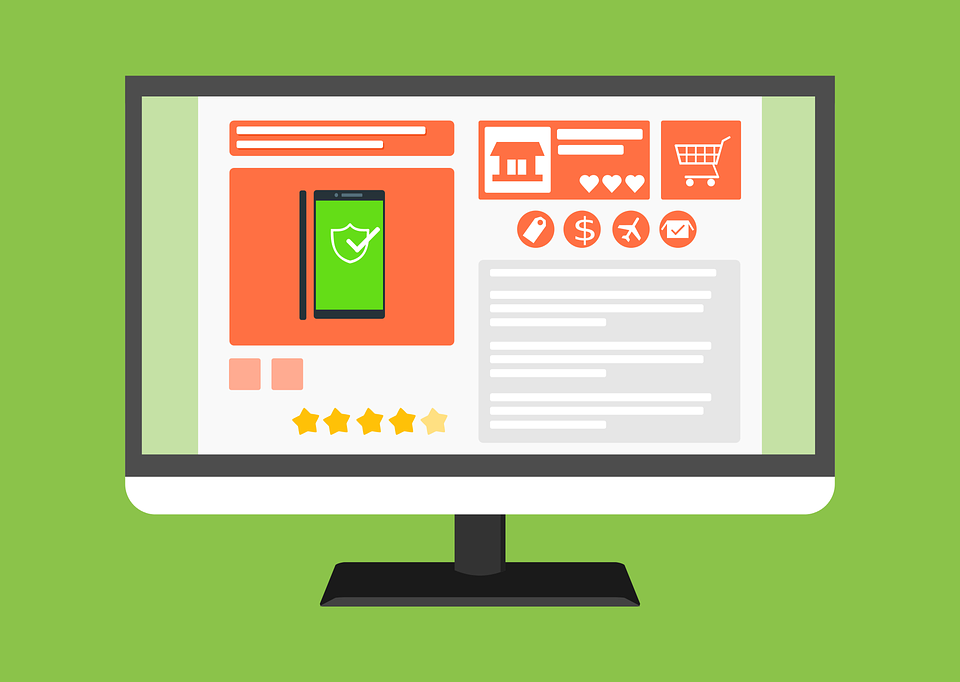Want to make a lot of money off of the world’s money?
You’re a savvy investor looking to diversify your portfolio. You want a market with fewer restrictions and lower transaction costs. A market is open 24 hours a day that covers the entire globe.
It sounds like you’re looking for forex. The foreign exchange market is the global market of trading currencies. It determines the world’s exchange rates.
This is a very hands-on market that requires a lot of attention and patience. But, if you’re willing to put in the time and effort, you will be rewarded handsomely.
Forex can be highly volatile that can change in an instant. You need to educate yourself about this nuanced trading system. If you go into forex blind, you may come out broke.
9 Forex Trading Tips for Beginners That Save You Money:
Are you new to the forex scene? Before you start trading, read on to discover the 9 best forex trading tips for beginners that actually work and save money.
1. Go in with a Plan:

This goes for all trading markets. Don’t start investing without a strategy.
What do you want to get out of the forex market?
This is not the time for pie in the sky thinking. You want to have realistic goals about how much you can make based on your available capital.
If you want to make money, you have to be disciplined. Especially in the forex market.
2. Test the Waters Before You Dive In:
Forex is not your father’s stock market. There’s a lot of new methods and approaches you need to learn.
The best way to thrive in this new world is to practice. It might sound silly to trade fake money. But, this is how you can be sure you won’t waste real money when you begin.
There are many demos out there online. FP Markets allows you to trade for real but also has some great demos for you to practice with.
3. Find the Right Broker for You:

You wouldn’t climb Everest by yourself without a guide. So don’t embark on your forex trading adventure without a broker.
Be sure to take the time to find the right broker for you. There’s a lot of phonies out there. They’re either negligent or worse, malicious. Make sure your broker is fully authorized to trade.
You also want to be sure you are on the same page with trading platforms. Do you prefer an over-the-counter market or an exchange-driven market? Whatever your preference, it should be your broker’s too.
4. Be Consistent with Your Methodology:
Whatever trading methodology you abide by is up to you. But, the important thing to remember is that whatever your mythology is, you need to stick with it.
When it comes to the global currency market, there’s a lot of information out there. Everyone has their own idea of what the best strategies are to follow. If you try to incorporate everything, you’ll be overwhelmed.
Do you prefer to keep a close tab on specific economies and wait for the right time to pounce? Or maybe technical analysis is more your speed.
Regardless of your approach, make sure to stay consistent. That’s the only way to truly understand the market.
5. It Shouldn’t be “You vs. the Markets”
Some traders like to take an upstream approach to invest. They go against the trends to try and guess what’s coming next.
Don’t try to be a soothsayer. Going against the market on a whim will only bring you stress and failure.
Safe, diversified investments in profitable economies are the sure-fire way to go.
6. If It Sounds Too Good to Be True, It Is:
As the forex market heats up, everyone is looking to get rich quick. This is not that type of market. However, that doesn’t keep people from trying to take advantage of you.
There’s robot software available that claims to have mastered the market. They invest your money based on their automated programming. You’re just supposed to sit back and watch your money grow.
Snake oil products like this don’t work. The forex market can’t be broken by an algorithm. It needs the complexity and patience of the human brain to understand.
7. Be a News Junkie:
Since you can’t use a robot to help, you need to turn yourself into one. That means always feeding your brain with current events.
The value of the currency is based on many factors. Weather can deplete its value. A popular new leader for the country could raise it considerably.
If you can keep up to date on what’s going on in the world, you can spot a trend-right before it becomes one.
8. Step Away From Your Computer:
Forex is a 24 hour a day market. But, that doesn’t mean you should be on it for 24 hours a day.
You need to stay sane and keep an objective perspective. Take breaks throughout the day to clear your head. Come back refreshed and ready to pounce.
Make sure to get a good night’s sleep too. The forex market will still be there in the morning.
9. Don’t Be Shy:
This article should help you get more comfortable with forex trading. But there’s still a lot to learn. Another great resource is to go straight to the source.
Try interacting with other forex traders.
Maybe you’re the type of person who hates asking for directions. Well, have fun being lost!
The forex community tends to be open and supportive of new traders. There are no dumb questions, only the dumb people who don’t ask questions. Check out some forums online and make some forex buddies ASAP.
Use These Forex Trading Tips!
Take these forex trading tips and start by planning your strategy today. Forex is a new world of investing for you. So you’ll only get better over time.
Did you enjoy this article and want to learn more? Then check out this beginner’s guide to investing.
Read Also:























